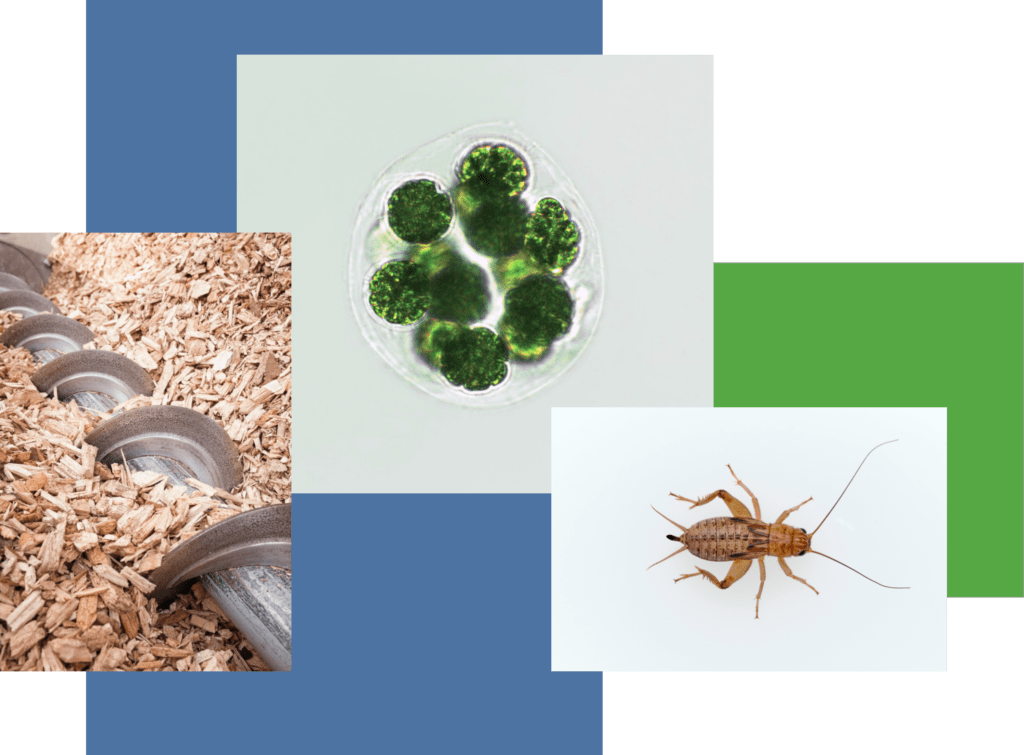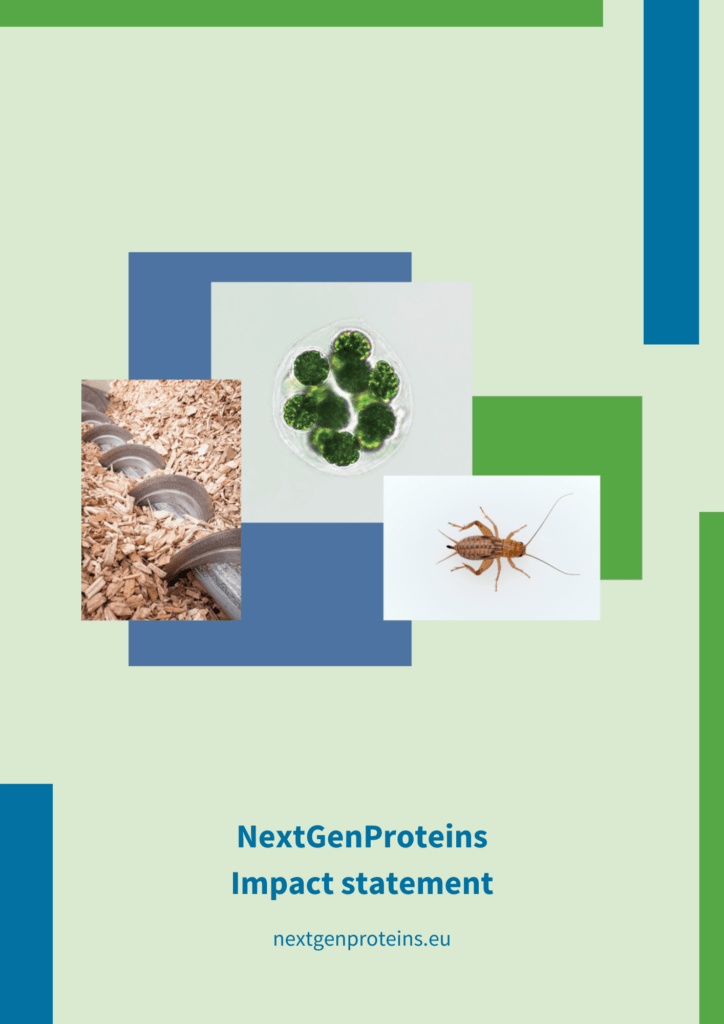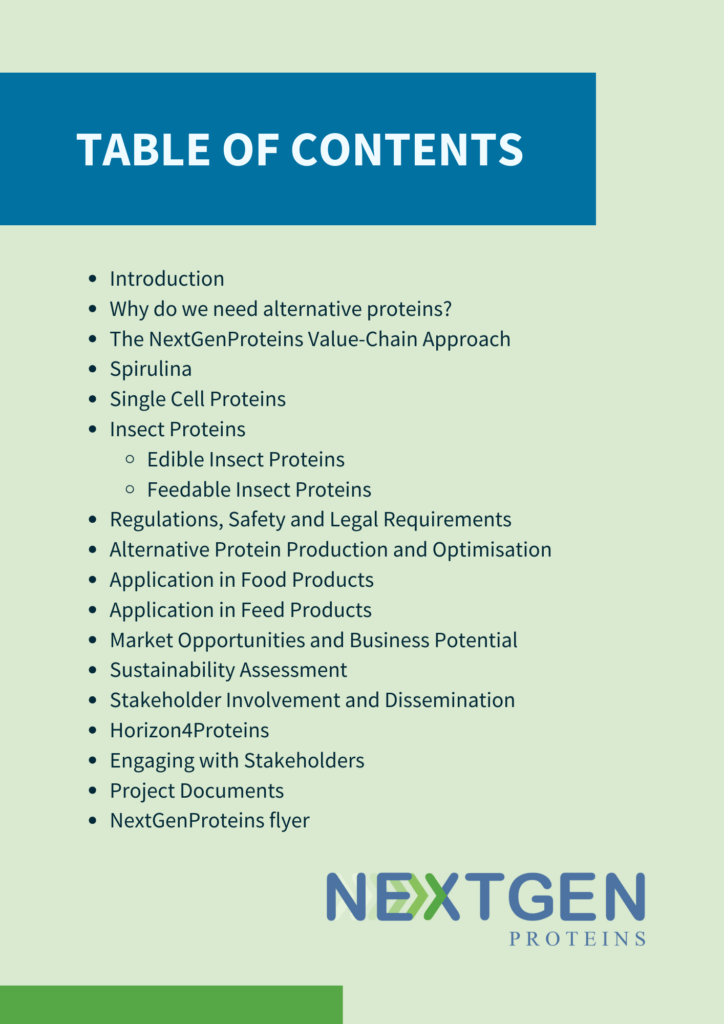The NextGenProteins project ended at the end of 2023. It is the largest project that has ever been funded by Matís, and work on it lasted from 2019. One of the final products of the project is brochure where the main results of each part of the project are reviewed and it is now available as a pdf. form on the NextGenProteins website.
The NextGenProteins project was funded by the Horizon 2020 fund and aimed to develop, optimize and optimize the production of three sustainably produced neoproteins, and validate their use in various foods and feeds. The proteins that were examined in the project were insect proteins made from by-products of food production, a single-cell protein that is a yeast mass that thrives on sugars from forestry products, and microalgae that are grown largely on CO2 emissions from geothermal energy production.

The aim of the project was, among other things, to examine the government's regulations and policies when it comes to new protein sources, analyze production obstacles and submit strategic proposals to simplify and change the government's regulations and policies towards a more sustainable food system. NextGenProteins also aimed to produce high-quality, safe, nutritious and sustainable protein sources by utilizing industrial by-products that are traditionally wasted.

Research and experiments were carried out to examine the possibilities of using these proteins in various food products and animal feed. Market research and consumer surveys were also carried out as well as sensory evaluation of products containing the new proteins. The sustainability of new protein sources was also examined and compared to more traditional protein sources as well as their environmental and economic impact, production efficiency and resource utilization.
All the main goals of the NextGenProteins project were achieved and such success can pave the way for innovation and new solutions to the challenges facing the current world food system. The production of the proteins examined in the project has less negative environmental impact than most traditional protein production. It is important to take that factor into account when thinking about how to meet the increased demand for protein production along with increased population growth in the world.
In the attached booklet, which is in English, the supervisors of each part of the project review the main results. In addition, Birgir Örn Smárason, professional manager at Matís and project manager of NextGenProteins, tells about his experience of the project work and its outcome.
The NextGenProteins project page is available here: NextGenProteins – Development of next generation proteins from underutilized resources for use in food and feed


